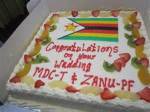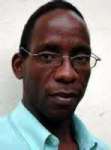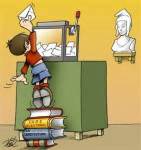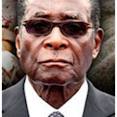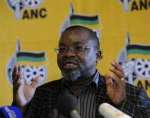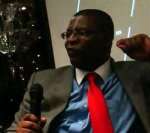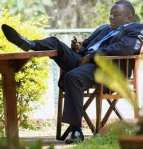There is a general consensus among the people I spoke to regarding the Kenyan elections that polls there hinged on tribal rivalry driven from the fact that the leading candidates, Uhuru Kenyatta and Raila Odinga, come from different tribes which have been at loggerheads for many decades.
Given this background, one would have expected massive protests and violence after elections especially after the losing candidate Odinga alleged massive rigging.
But remarkable enough, the Kenyan population has shied away from repeating the violent acts which mired the previous elections. They have chosen to be calm.
We haven’t heard Odinga calling for mass protests which is normally sparks violence. In fact Kenya is very calm right now after what Odinga says was a controversial outcome.
If only Zimbabweans were to learn from the Kenyans. The Kenyan body politic invested a lot of time and resources in preaching
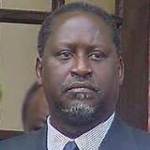
Is choosing to approach the courts over protests
tolerance and unity way before the first vote was cast. Kenya scored a first as it televised political debate. This was one of the many indicators that Kenyan politicians have moved from vengeance towards a society where different ideas can be tolerated.
While we may agree that Zimbabweans will not agree to the televised debates due to reasons we may know, I think it is important for our leaders to find alternative platforms where they can demonstrate that they are above the politics of violence.
We know that the constitutional YES campaign has brought together leaders of different political parties to share platforms of encouraging people to vote in support of the constitution.
While this process may seem as an improvement towards tolerance, I also believe it is a selfish act meant to cover and endorse wishes of political parties because other sectors of society seem not to be covered.
Recent harassment of civic society activists and disruption of meetings which campaign against the constitutional draft are not signs of tolerance. Also the fact that the Welshman Ncube led MDC has pulled out of combined political meetings because of the other partners’ failure to draft them in for joint national campaigns seem to be a recipe for future political disputes.
Even PM Tsvangirai’s rallies have been disrupted and that does not send a good message for Zimbabwe’s troubled government.
The other interesting observation in the Kenyan election was the ability of candidates and the electoral commission to invest time and resources in calling for whoever was going to lose the elections to accept the results.
This was done way before the elections happened and this message was intensified during and after voting with electoral officials insisting that all candidates declare publicly that they would accept results even if they lost elections.
In this case it gave the losing candidate no ground to publicly encourage revolts against disputed results. This was a diplomatic coup de tat against politicians by the electoral commission and civil society. It has worked wonders in Kenya. Odinga has shown reluctance in encouraging street protests. The country is relatively safe and peaceful.
The Zimbabwe Electoral Commission should have been taking notes from its Kenyan counterparts. But the Zimbabwe elections body is suspected of bias in favour of ZANU PF. We have a situation whereby disputes are already surfacing before the elections take place with matters such as the safety of supporters and an up to date voters’ role not guaranteed. The media is under duress and there are already signs that if the MDC was to lose elections in June, they would not accept them as free and fair.
We all expect the losers to accept election results but it will be great foolishness for the MDCs to go into an election that are already compromised by political failure to resolve the current disputed issues. It is the job of the electoral commission to preach acceptance of results but we also know that our electoral commission is not ready to run an election. If we were to go with what we have today, the upcoming elections would be handed on a silver platter to ZANU PF. The party seems to have an upper hand. It is already fuelling violence and has supporters holding key positions like the attorney general and the chief elections acting boss Joice Kazembe.
Be that as it may, we just hope Zimbabwe finds a way of resolving its political crisis which to all intents and purposes should mark the beginning of economic revival and a better life for everyone. We all pray for this miracle to happen like the Kenyan elections so far and I guess it is the duty of our leaders to find ways to ensure that the violence which characterised the 2008 elections is not repeated.

